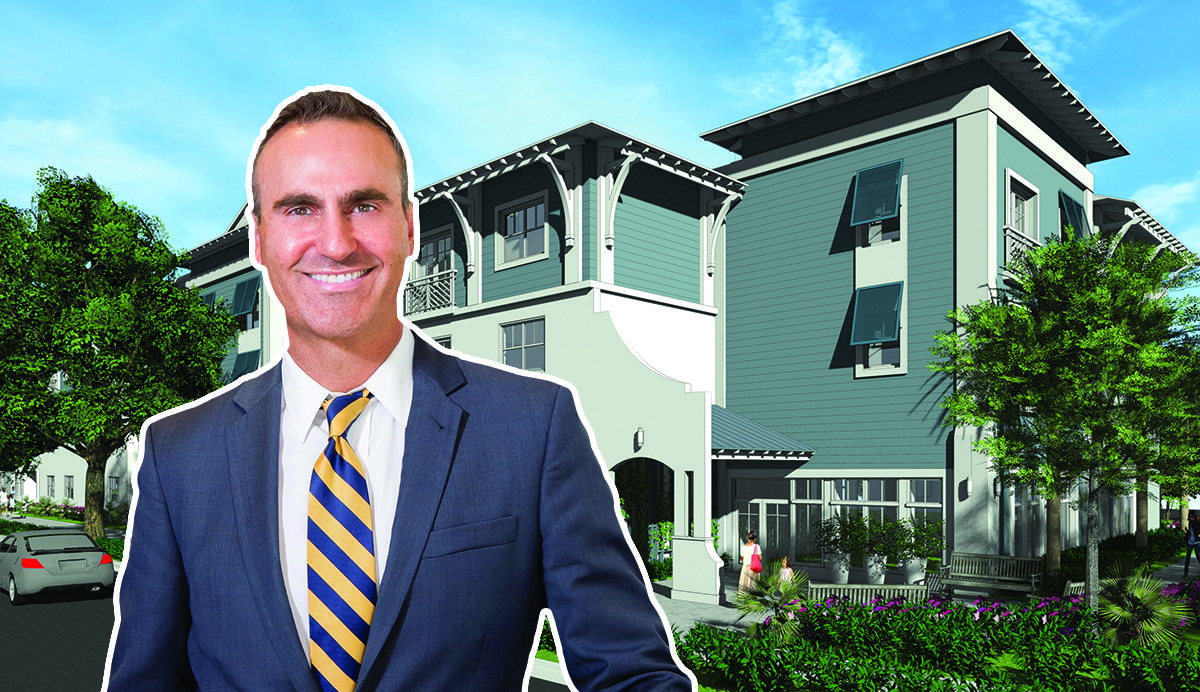UPDATED, Dec. 3, 1:40 p.m.: Miami-Dade County filed plans for a new affordable housing development in Overtown geared toward seniors.
A permit application filed with the city of Miami calls for a three-story, 60-unit apartment project at 301 Northwest 17th Street, next to Williams Park. The estimated cost of the 44,460-square-foot building is $7.8 million.
The county commission approved a 99-year ground lease agreement with Rainbow Housing Corp. in February, records show. Rainbow Housing, a nonprofit, is working with Miami-based Housing Trust Group to build the project.
The development, called Father Marquess-Barry Apartments, will have a mix of tenants making 28 percent or less of the area median income, up to 60 percent. It will also have market-rate units, and will be limited to tenants 62 years old and up. Rent will range from about $413 a month to $1,450 a month, according to a spokesperson for HTG.
The project, near the new $25 million Lotus House expansion, will also include a 6,000-square-foot community room for residents and functions, a gym, media center, lockers, outdoor garden, generator and bike storage.
Construction will start in the third quarter of 2019 and will take about a year to complete. HTG and Rainbow Housing are financing the development with a 9 percent low income housing tax credit and have applied for $2 million of HOME funding. They’re also planning to use a conventional loan and are seeking additional funds from the county, city and community redevelopment agency, according to a spokesperson.
The project is named after Richard Marquess-Barry, former pastor of The Historic St. Agnes Episcopal Church in Overtown. Barry, a financial partner in the apartment building, will be the long-term owner of the development, according to Housing Trust Group.
Miami is among the least affordable cities for renters in the country, although some officials are trying to encourage affordable housing. Last month, the Miami City Commission approved an ordinance on first reading that would give developers in the Arts & Entertainment District density and floor lot ratio bonuses if they build workforce or affordable housing.
An earlier version of this story misidentified the number of units.
